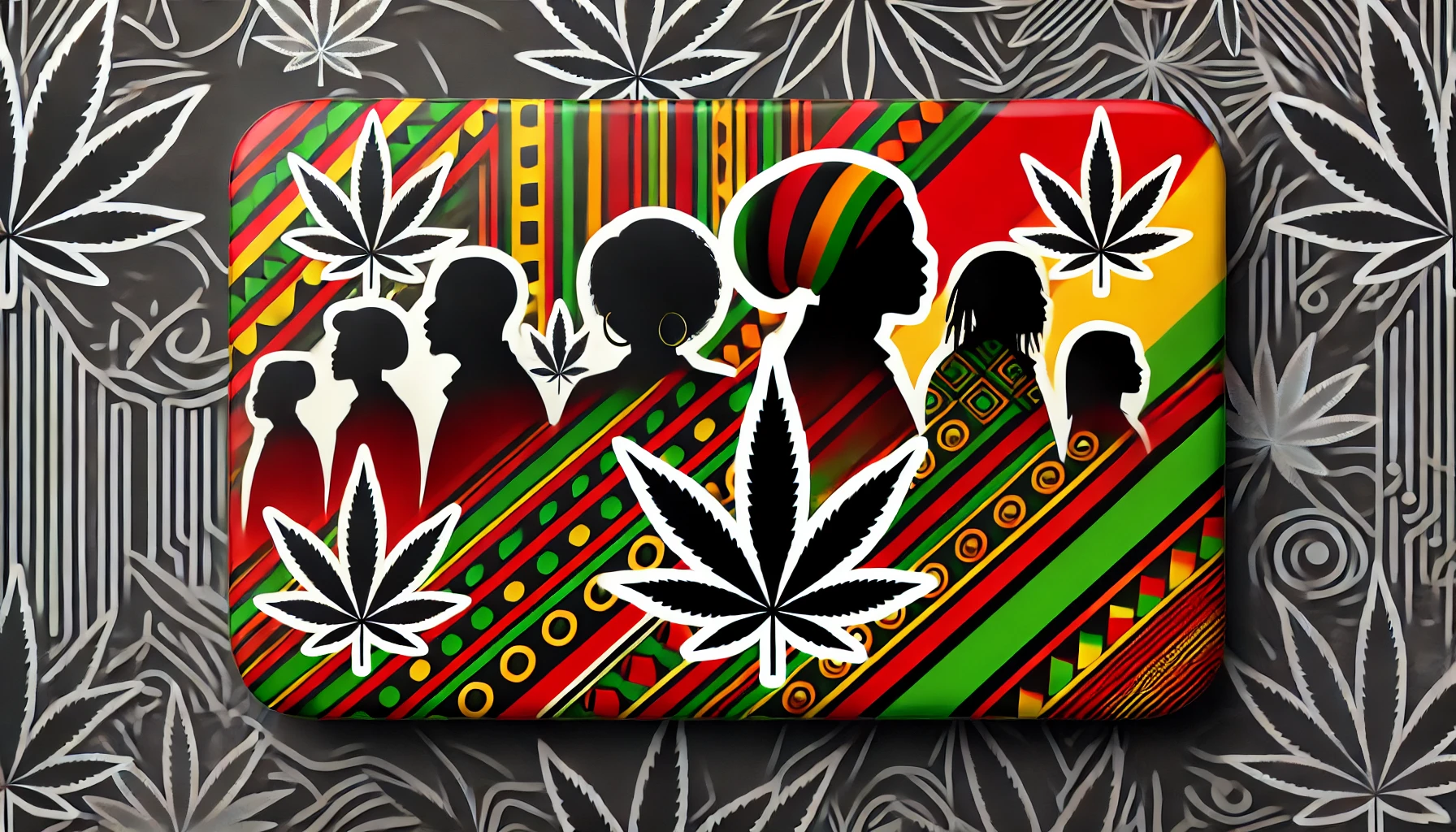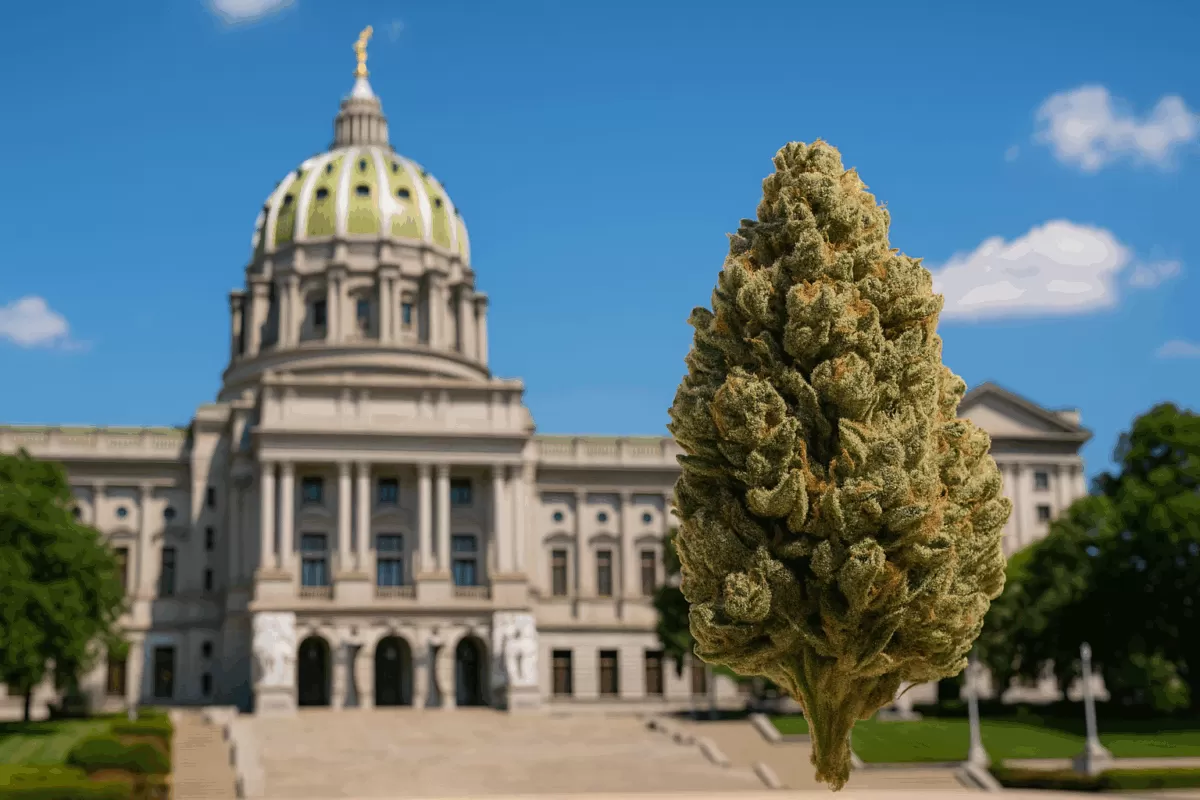Celebrating Black History Month: Honoring the Past, Present, and Future of Cannabis Culture
As we step into Black History Month, it’s a time to reflect on the profound contributions of Black individuals and communities to culture, innovation, and social progress. In the world of cannabis, this history is deeply intertwined—from the plant’s roots in African traditions to its role in the fight for social justice and the rise of Black entrepreneurs shaping the industry today.
A Legacy Rooted in Tradition
Cannabis has a rich history in African and diasporic cultures. In regions like Ethiopia, South Africa, and Congo, cannabis has been used for centuries in spiritual, medicinal, and communal practices. Enslaved Africans brought their knowledge of herbal medicine and plant-based healing to the Americas, laying the groundwork for what would become a global cannabis movement.
Despite this legacy, the criminalization of cannabis in the 20th century disproportionately targeted Black communities. The “War on Drugs” became a tool of systemic oppression, leading to mass incarceration and the stigmatization of Black cannabis use. Yet, even in the face of adversity, Black culture has remained at the forefront of cannabis advocacy and innovation.
Cannabis and the Civil Rights Movement
The fight for cannabis legalization is deeply connected to the broader struggle for racial justice. Figures like Dr. Martin Luther King Jr. and Angela Davis may not have directly championed cannabis reform, but their work to dismantle systemic racism laid the foundation for today’s equity-focused cannabis movement.
In recent years, grassroots organizations and activists have worked tirelessly to free those incarcerated for non-violent cannabis offenses and to create opportunities for Black and Brown communities in the legal cannabis industry. These efforts remind us that the fight for cannabis justice is inseparable from the fight for racial justice.
Black Entrepreneurs Leading the Way
Today, Black entrepreneurs are reclaiming their place in the cannabis industry. From cultivators and dispensary owners to advocates and educators, Black leaders are shaping the future of cannabis with innovation and resilience. Figures like Wanda James, the first Black woman to own a dispensary in Colorado, and trailblazers like Dr. Rachel Knox, who advocates for cannabis as a tool for health equity, are paving the way for a more inclusive industry.
However, the road to equity is far from over. Despite the growing legal cannabis market, Black-owned businesses still face significant barriers, including limited access to capital and exclusion from licensing opportunities. As we celebrate Black History Month, it’s crucial to support these trailblazers and advocate for policies that promote diversity and inclusion in the cannabis space.
Looking Ahead: A Call to Action
Black History Month is not just a time to reflect on the past but also an opportunity to take action for the future. Here’s how you can contribute:
- Support Black-Owned Cannabis Businesses
Seek out and patronize Black-owned dispensaries, brands, and services. - Advocate for Equity
Push for policies that expunge cannabis-related convictions and ensure fair access to the industry. - Educate Yourself and Others
Learn about the history of cannabis in Black culture and share that knowledge with your community.
As we honor the legacy of Black contributions to cannabis culture, let’s also commit to building a more equitable and inclusive future. Together, we can ensure that the cannabis industry reflects the diversity and resilience of the communities that have shaped it.












